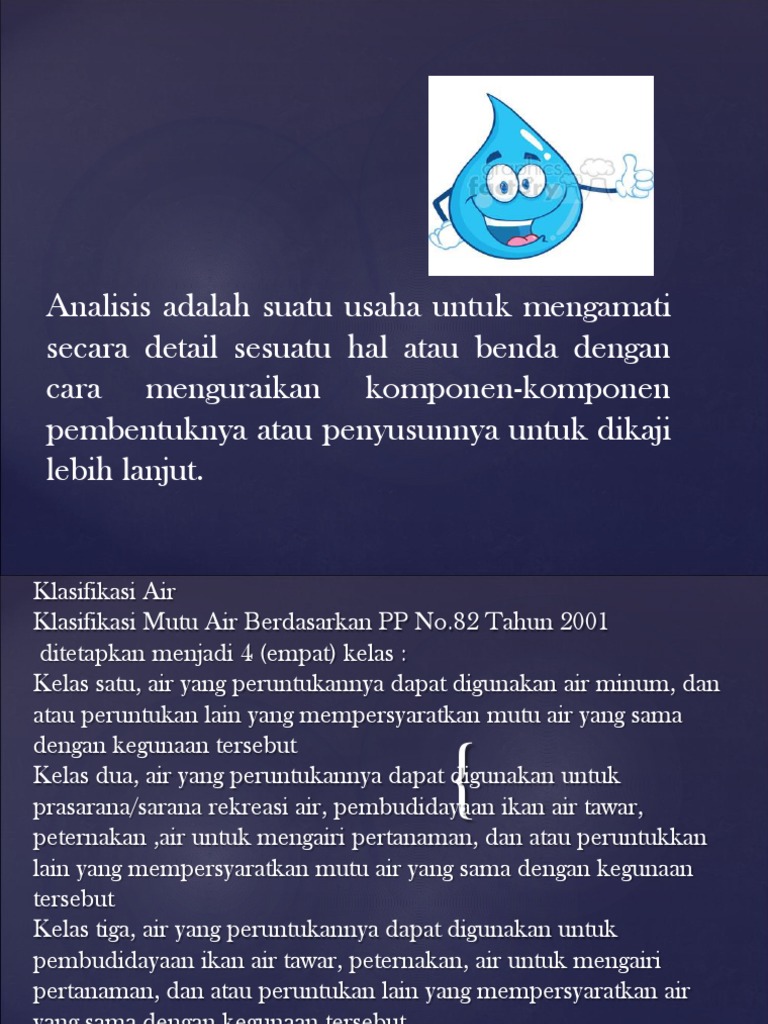
In today’s world , travelers are becoming increasingly conscious of the environmental impact of their trips. They’re not just looking for beautiful scenery and exciting activities ; they’re also seeking destinations that prioritize sustainability and environmental responsibility. Among the most critical factors influencing a destination’s appeal are air quality and water quality. These elements directly impact the health and well-being of visitors and residents alike , and they play a significant function in shaping the overall destination quality. Let’s explore why air quality and water quality are so crucial for tourist destinations and how they contribute to a positive travel experience.
Understanding Air Quality and Its Impact on Tourism
Air quality refers to the level of pollutants in the air , such as particulate matter , ozone , and nitrogen dioxide. Poor air quality can have significant impacts on human health , leading to respiratory problems , cardiovascular issues , and other health complications. For tourists , this can mean a less enjoyable experience , especially for those with pre-existing health conditions. Destinations with high levels of air pollution may see a decline in tourism as visitors seek out cleaner , healthier environments. Investing in air quality monitoring and improvement measures is crucial for maintaining a positive image and attracting health-conscious travelers.
The Importance of Water Quality in Destination Appeal
Water quality is another critical factor in destination quality. Clean , safe water is essential for drinking , recreation , and maintaining healthy ecosystems. Water pollution can outcome from various sources , including industrial discharge , agricultural runoff , and inadequate sewage treatment. Contaminated water can pose serious health risks to tourists , leading to waterborne diseases and other illnesses. Moreover , polluted water can harm aquatic life , damage ecosystems , and detract from the natural beauty of a destination. Destinations that prioritize water quality management can ensure a safe and enjoyable experience for visitors , while also protecting their valuable water resources.
Strategies for Improving Air Quality in Tourist Destinations
Improving air quality requires a multi-faceted approach that addresses the root causes of pollution. Some effective strategies include:
- Investing in public transportation: Encouraging the use of buses , trains , and other forms of public transportation can reduce the number of cars on the road , thereby lowering emissions.
- Promoting electric vehicles: Providing incentives for tourists and residents to use electric vehicles can further reduce air pollution.
- Implementing stricter emission standards: Enforcing stricter emission standards for industries and vehicles can help to minimize the release of pollutants into the air.
- Creating green spaces: Planting trees and creating parks can help to absorb pollutants and improve air quality.
- Monitoring air quality: Regularly monitoring air quality levels can help to determine pollution sources and track progress in reducing emissions.
Ensuring Water Quality: optimal Practices for Destinations
Maintaining high water quality standards requires a thorough approach to water management. Some optimal practices include:
- Implementing effective wastewater treatment: Ensuring that wastewater is properly treated before being discharged into waterways can prevent pollution and protect water quality.
- Controlling agricultural runoff: Implementing measures to reduce agricultural runoff , such as using buffer strips and reducing fertilizer use , can help to prevent water pollution.
- Protecting watersheds: Protecting watersheds from development and other activities that can degrade water quality is essential for maintaining clean water supplies.
- Monitoring water quality: Regularly monitoring water quality levels can help to determine pollution sources and track progress in improving water quality.
- Promoting water conservation: Encouraging tourists and residents to conserve water can help to reduce the strain on water resources and protect water quality.
Related Post : destination management company denmark
The Link Between Air and Water Quality and Destination Quality
Air quality and water quality are inextricably linked to destination quality. Destinations with clean air and water are more attractive to tourists , who are increasingly seeking out healthy and sustainable travel experiences. Moreover , good air and water quality can enhance the overall quality of life for residents , making a destination a more desirable place to live and work. By investing in air and water quality , destinations can create a virtuous cycle of environmental protection , economic growth , and improved quality of life.
In conclusion , prioritizing air quality and water quality is not just about environmental responsibility ; it’s about enhancing destination quality and ensuring a sustainable future for tourism. By investing in clean air and water , destinations can attract more visitors , protect their natural resources , and create healthier , more enjoyable experiences for everyone.








